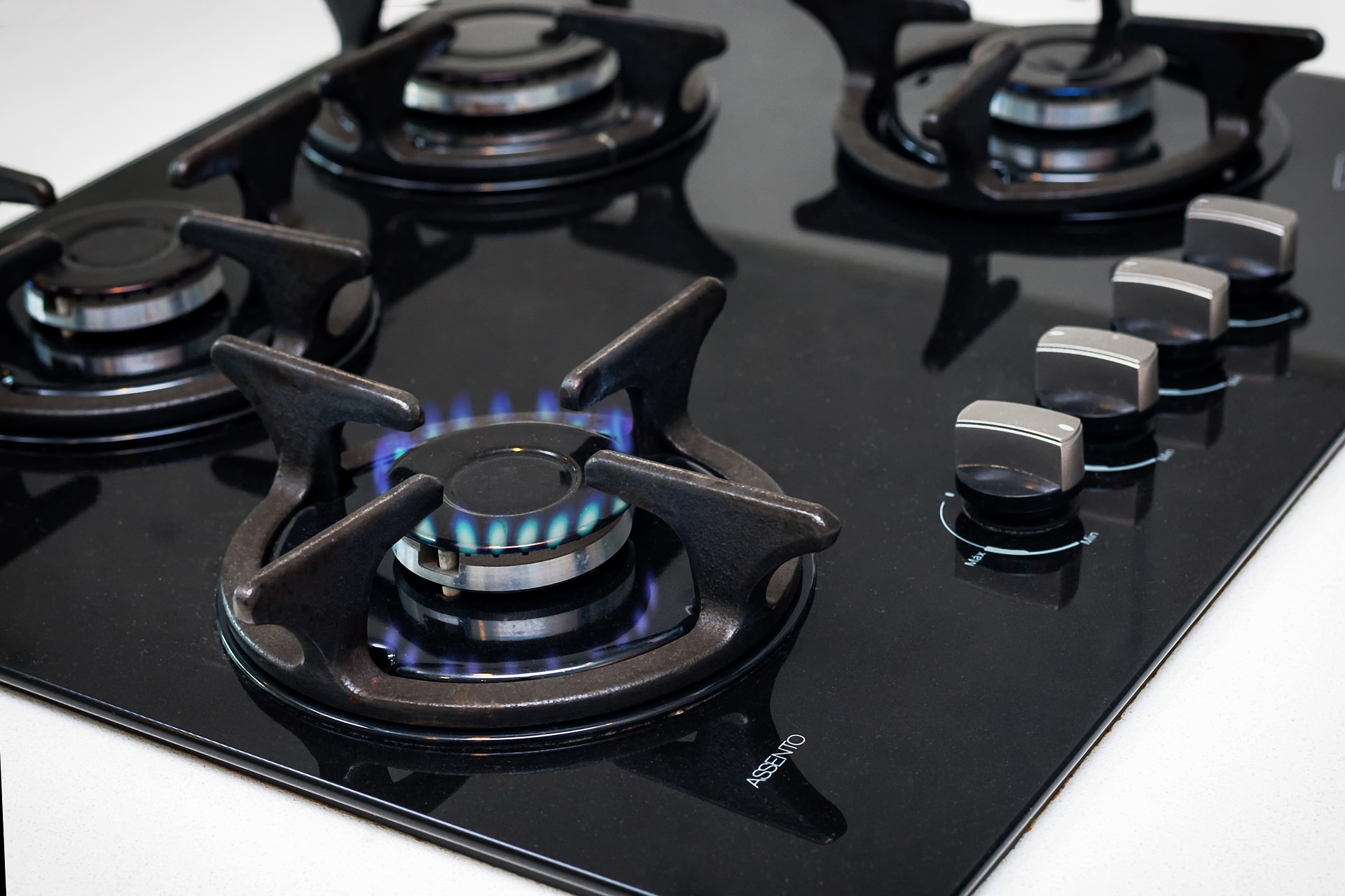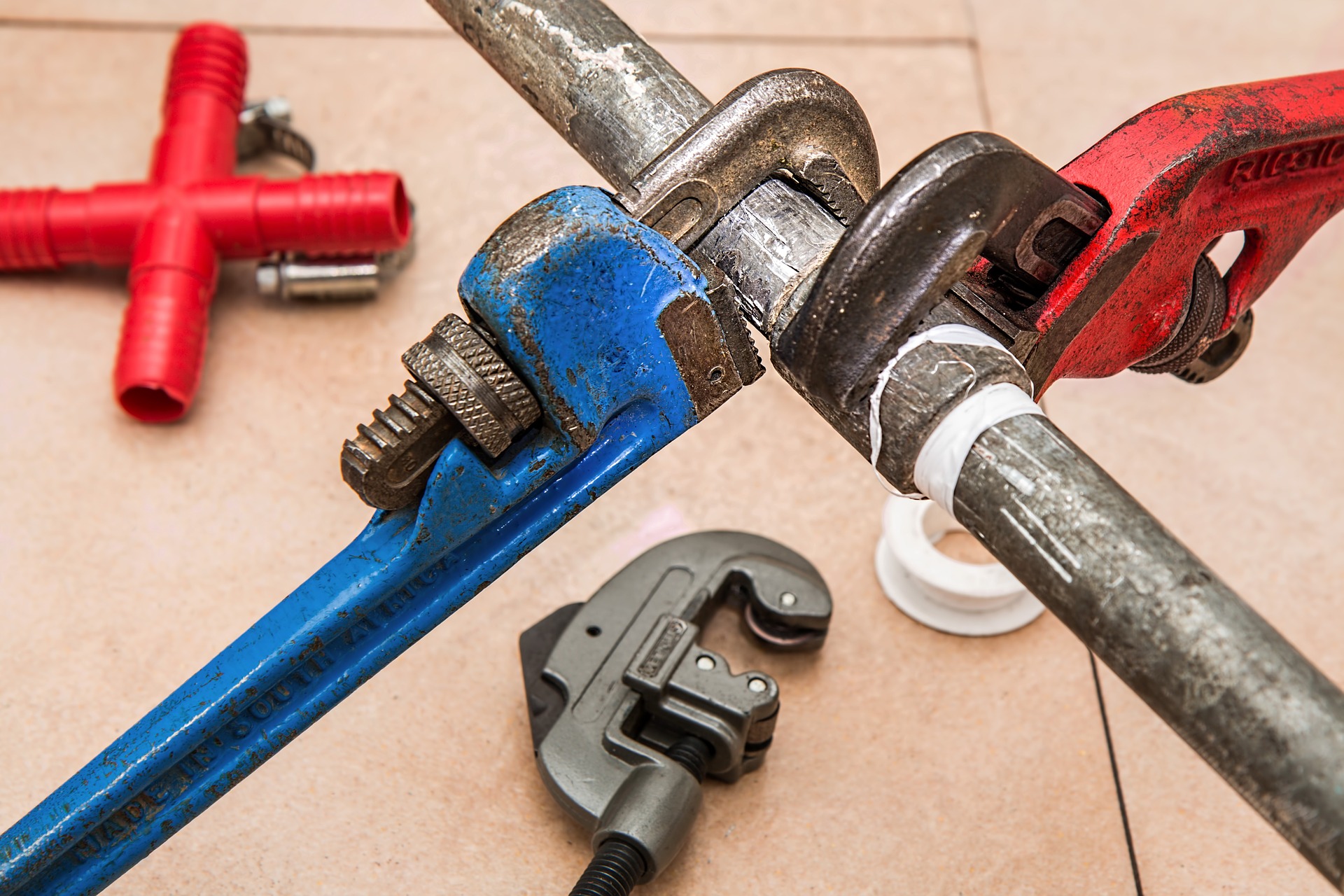Sign up to our newsletter!
No matter if you are moving, or improving, our newsletter is packed with the best tips, tricks and ideas to help you dwell well.
So, you want to do DIY work in your home? Before you start anything, it’s best to have a think about the type of gas or electric work you want to do, if it causes any safety concerns and if you can actually legally do it.
As a homeowner, you have a right to carry out work in your own home, but you should be careful to make sure that any work you do in your home does not affect your home insurance. Electrical and gas work has strict regulations to follow and certain work is required to be done by a competent person, if it isn’t, then you will be invalidating your home insurance.
One in three people have admitted that they would fit a gas appliance themselves, just to save money. But it is a risk that Gas Safe recommends you never take.
The Gas Safety (Installation and Use) Regulations 1998 is a guidance document for those who install, service, maintain or repair gas appliances and clearly states what is covered under the regulations as ‘gas work’. These include: “maintaining, servicing, disconnecting, altering, repairing or renewing the fitting or purging it of air or gas, and also where the fitting is not readily movable, changing its position or removing it.” These tasks can only be undertaken by a Gas Safe registered engineer.
If you decide to take on gas work, like the type listed above, yourself, you risk potential gas leaks, carbon monoxide poisoning, explosions and fires. For this reason, it’s recommended that you never take on any work that involves gas appliances in your home, even if you think you have a right to do it yourself or if you just want to save money.
The only type of gas work Gas Safe state you are permitted to undertake is the tasks set out in appliance manufacturer user instructions. These instructions are aimed at the user to carry out and you would be in your right to carry out these tasks. This includes “replacing or adjusting any component or control that is designed to be operated.”
Although some gas work can be undertaken by other tradespeople, it is strongly recommended that you always use a Gas Safe registered engineer.
Do always remember to hire a Gas Safe registered engineer to carry out gas work.
Do always check that a sub-contractor working in your home is Gas Safe registered and qualified to carry out such work.
Don’t take on any gas work yourself.
Don’t forget to check the card of your engineer, even if they say they are Gas Safe registered – on the card there will be a list of jobs they are qualified to undertake legally. If you still aren’t sure if they are registered, enter their Gas Safe registration number on the Gas Safe Register to check.

In the UK, almost 1 million electrical jobs are carried out every year by DIY homeowners. Almost 48,000 of these electrical jobs are notifiable, but what does notifiable mean?
Since 2005, all electrical work in homes across England and Wales must meet Part P of the Building Regulations. Part P of the Building Regulations was put into force to help uphold safety standards in homes across England and Wales and to help keep you and your family keep safe.
Work can be classified as notifiable or minor works and it’s important that if you are thinking of undertaking any electrical work as a homeowner, that you are aware of the strict regulations that you must follow.
Notifiable works involves any new circuits installed, a full house rewire, a new build, replacing a consumer unit or any special location work (usually with areas involving water). This type of work must be notified to your local building control and signed off by a registered electrician. If it is not, then you risk invalidating your home insurance and also your safety with a potentially unsafe installation. It is strongly recommended that any notifiable electrical work is carried out by a competent registered electrician, not a homeowner.
Minor works involves electrical work not in a special location, replacing damaged cable in single circuits, replacing common accessories like sockets and switches, and installing outside lights from an existing circuit. As this work consists only of extending or altering existing circuits, this work is non-notifiable to your local building control and has no requirement to be signed off by a registered electrician.
Homeowners, if they feel confident to do so, are permitted to carry out minor works in their home. However, Electrical Safety First recommend that you get advice from a registered electrician; this is to avoid any potential electrical problems and encourage homeowners that “if you aren’t sure, don’t DIY.”
If you do knowingly take on notifiable electrical work in your home, when you are not legally able to sign the work off yourself, you will be committing an offence and local authorities have the power to carry out enforcement action.
Do seek advice from a registered electrician for any electrical work you are having carried out in your home or you are thinking of tackling yourself.
Do remember to check the current regulations first before taking on any electrical work in your home – you may unknowingly being taking on a notifiable job!
Do remember that when performing any minor works in your home, you use the correct and safe tools, cable and accessories, such as sockets and switches. Always check for CE marks, which are certification marks that indicate conformity with health, safety, and environmental protection standards.
Don’t attempt any notifiable work if you are a homeowner. The best and safest option is to hire a registered electrician who is competent and able to sign the work off, as legally required.
There are some plumbing jobs which homeowners are capable of doing themselves, like replacing your taps for a new design or installing a washing machine, but some jobs are best left to the professionals.
Alternatively, a small issue you may think you are capable of fixing, can quickly turn into a plumbing nightmare. If an issue is arising from the ceiling, floor or behind any walls, it is best to consult a qualified professional for their advice and help.
The Water Supply (Water Fittings) Regulations and Water Supply (Water Fittings) (Scotland) Byelaws are a set of legal requirements for the installation, design, operation and maintenance of plumbing systems, water fittings and water-using appliances.
Any plumbing work you do must comply with the WRAS (Water Regulations Advisory Scheme) guidelines and the Building Regulations. Certain types of plumbing work, like building a house, installing a swimming pool or a bath which holds more than 230 litres of water, require your local water supplier to be notified before any work can take place.
These regulations have been put in place to ensure that the drinking water supplies remain safe and healthy and are not contaminated. If you fail to notify your local water supplier, you could face extra costs to correct the plumbing work and also prosecution. For this reason, it is recommended that you seek advice and guidance from a professional before attempting any plumbing work in your home.
Do seek professional advice for any plumbing work you are considering having done in your home.
Do find out where your water valves are before attempting any plumbing work, so that you can turn them off in case of an emergency or faulty work.
Do ensure that you drain down the system once you have turned off the water valves before commencing work.
Don’t ignore the regulations and the legal notification requirements; always make sure you are capable of doing the work first.

Other house rules to follow
It’s important you consider the risks involved in the item of work, whether it be gas, plumbing, electric, or carpentry. If there are regulations in place to protect you, it’s imperative that you follow them; the same if you find the job is beyond your skillset as there is no shame in reaching out for help.
If it is the cost that worries you, shop around for different quotes from gas safe registered engineers, electricians and tradespeople to ensure you are getting a fair price. It goes without saying, it is better safe than sorry, and that has never been more important than with gas and electrical work. Follow the regulations and hire a professional.
DO always hire professionals to tackle any major plumbing, gas or electrical work within your home.
DO your research and get multiple quotes from professionals.
DO carry out everyday maintenance on your property and repair issues when you first see them, such as broken gutters or a leaking tap, to prevent them from becoming big problems that are more troublesome and expensive to fix.
DO understand your limitations when it comes to DIY - tackle the simpler jobs and leave the complex jobs for someone else who is competent.
DON’T attempt to remove any walls in your home without professional help as they might be load bearing walls and not have sufficient support.
DON’T forget to consult any neighbours who may be impacted by exterior works, whether you take them on yourself or a professional is carrying out the work.
DON’T forget to check your local planning requirements you may be in a conservation area that requires you to gain prior planning approval or notify your local council.
DON’T forget to check regulations relating to the job.
This article has been written for Moving and Improving by Annie Button. Find out what else Annie has been up to over on Twitter: @anniebutton1994
Live well with Moving and Improving